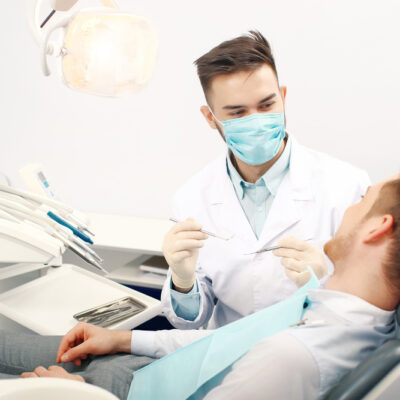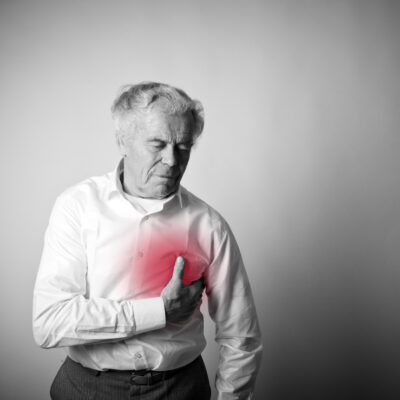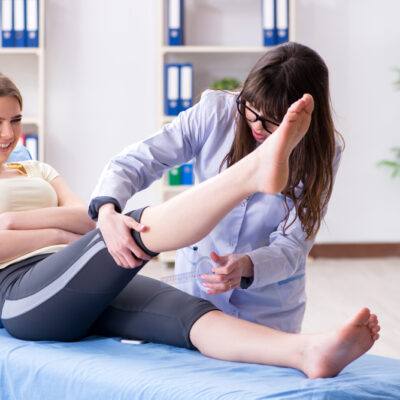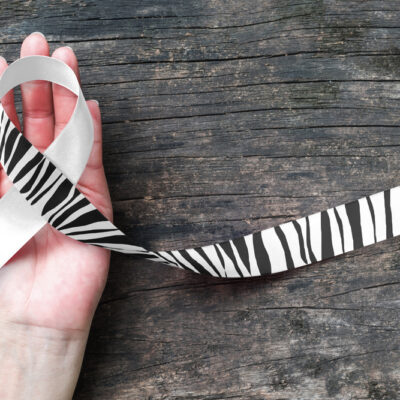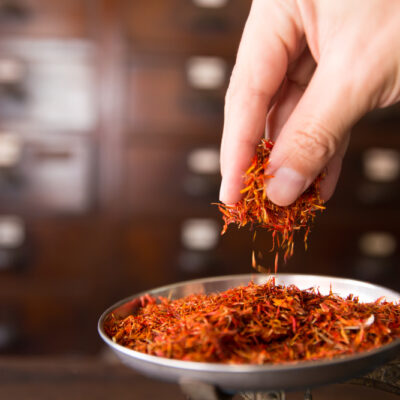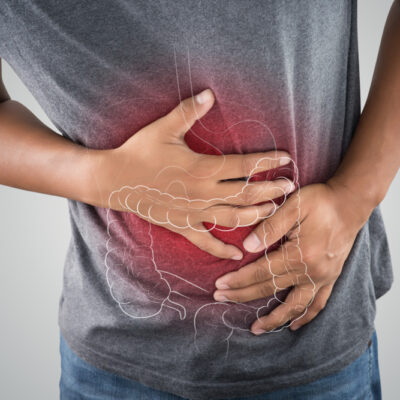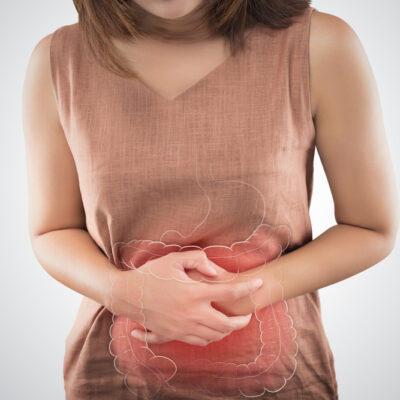The Best Treatment Options For External Hemorrhoids In The Country
The best treatment options for external hemorrhoids in the country Hemorrhoids is another name for piles. It is a group of swollen tissues in the channel area of the anus. It consists of blood vessels, tissues, and fibers that are mostly elastic in nature. Mostly due to our harried lifestyle and junk food habits, nowadays many people suffer from hemorrhoids, but the challenge is that the symptoms are not prominent and thus it goes untreated till the time it reaches an advanced level. Most of the citizens of the country are diagnosed with hemorrhoids or piles by the time they touch the age of 50. A doctor will be able to detect external hemorrhoid very conveniently and some of the probable hemorrhoid cures and treatments that they might advise will depend on the severity of the disease. What are some of the symptoms associated with hemorrhoids? Discomfort in and around the anus Blood in stool Pain during passing stool and the bowels seem full even after passing stool It is important to treat hemorrhoids without delay, as prolonged suffering from piles can lead to more complicated health problems. What are some lifestyle changes that can be adopted to help with hemorrhoids? The first step that required to take will be to remodel one’s lifestyle. At whatever stage piles might be, leading a controlled and balanced diet will be the most important requirement. Some important things to consider are these: Eating fibrous food Exercising regularly Checking one’s weight Being hygienic Taking warm baths to get relief from pain What are some of the common hemorrhoid medications? If the pain is not severe and the hemorrhoids are in the early stage, the doctor will prescribe medicines like lotions, emulsions, or pads. These relieve the irritation and pain for the time being. However, these are not to be used for a prolonged span of time. There are many over-the-counter medications available that can be bought online also. If the pain doesn’t subside within 7 days, it is imperative to visit a doctor. What are the various surgical options available to treat hemorrhoids? For a permanent solution, surgery is the option; however, the criticality and the techniques vary depending on the severity of a case. Some of the commonly recommended surgical options are as listed: Rubberbanding : In the process of ligation, the doctor places one or two small elastic bands surrounding the base of hemorrhoid. This cuts of the circulation of blood supply. Within 7 days, hemorrhoid weakens and shells off. Though this has proved effective for most people, some have found it to be painful. Symptoms like bleeding may start showing within two to four days of the process, and the doctor must be consulted without any delay in such a scenario. Sclerotherapy : In this procedure, the doctor will inject a medical solution, which in turn causes hemorrhoids to shrink in size. As it’s not painful, it can be used as an alternative to rubberbanding, but the latter is more effective. Laser or ultraviolet coagulation : In this procedure, infrared is used to kill the hemorrhoids. During the process, the hemorrhoid tissues get burned as they are exposed to the infrared light or heat. This might cause slight bleeding but is an effective way to shrink hemorrhoids. Removal of hemorrhoid : This is the most effective and complicated process of hemorrhoid cures and treatment. In this procedure, the doctor removes hemorrhoid from the body and thus it is the fastest permanent solution. However, it requires applying of anesthesia, either local or spinal, along with other sedation, and causes pain post surgery. Since a doctor will need to remove excess blood vessels from the body, sedation is compulsory. Regarding the post-surgery symptoms, like infection, burning sensation, or discomfort in movements, they last for a few days and can be treated with mild medications. This surgical procedure is known as hemorrhoidectomy. Stapling the hemorrhoids : In this surgical process, known as the stapled hemorrhoidectomy or stapled hemorrhoidopexy, the doctor will stop the flow of blood to the hemorrhoid tissue. Though this process is less painful and less complicated as compared to hemorrhoidectomy, it is not a fool-proof solution. Chances of recurrence remain, as the excess tissues are not completely removed from the body. Post-surgery problems like bleeding and urinary tract infection have been observed in this case also. While this article speaks about the general hemorrhoid cures and treatments, a doctor will be the best to judge which procedure suits a patient the best.
Read More
